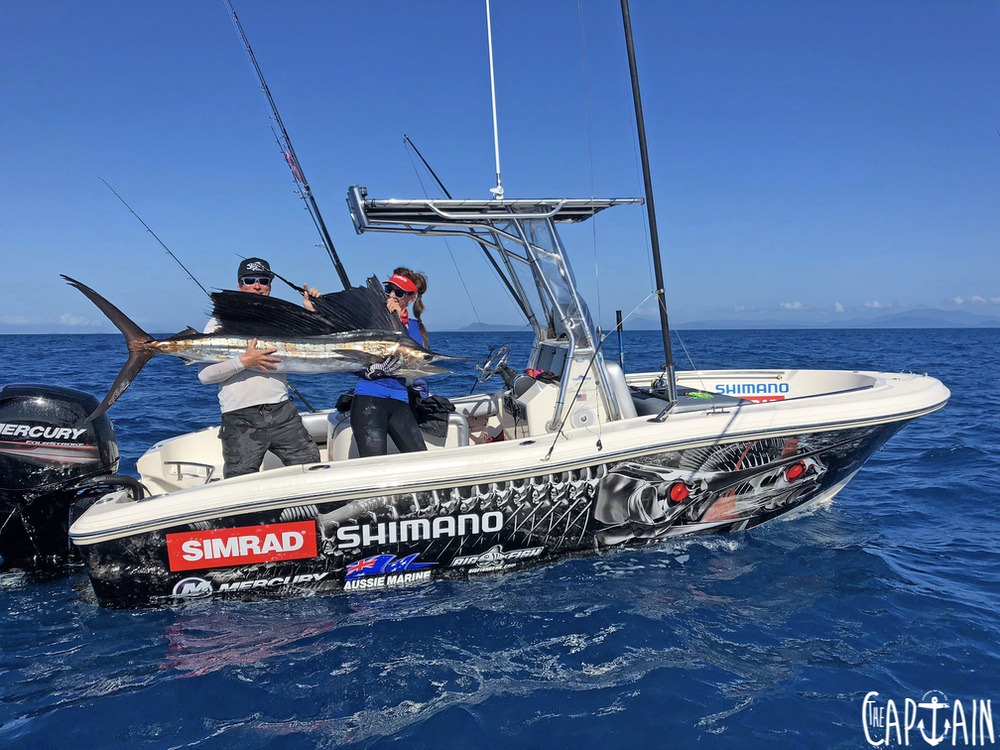Fishing, traditionally seen as a male-dominated activity, has long been associated with images of burly men casting lines into the water while sharing stories of their conquests. However, as attitudes towards gender roles evolve, so too does the perception of who can participate in this timeless pastime. Yet, despite progress, stereotypes and prejudices against women who fish persist, perpetuating outdated notions of what it means to be an angler.

One common stereotype is the belief that fishing is a “man’s sport,” reserved exclusively for those who possess strength and ruggedness traditionally associated with masculinity. As a result, women who express an interest in fishing may face skepticism or dismissal from their male counterparts, who may doubt their abilities or question their motives for participating in what is perceived as a traditionally male activity.
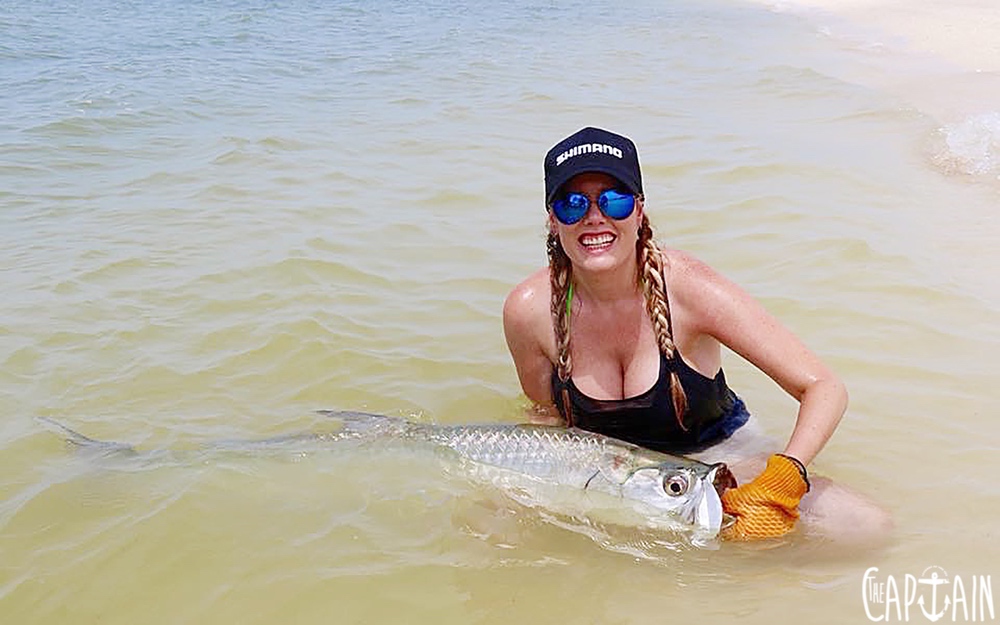
Additionally, there is a prevailing misconception that women lack the patience and perseverance required for successful fishing. This stereotype overlooks the countless women who have honed their angling skills through years of practice and dedication, proving that fishing prowess knows no gender.
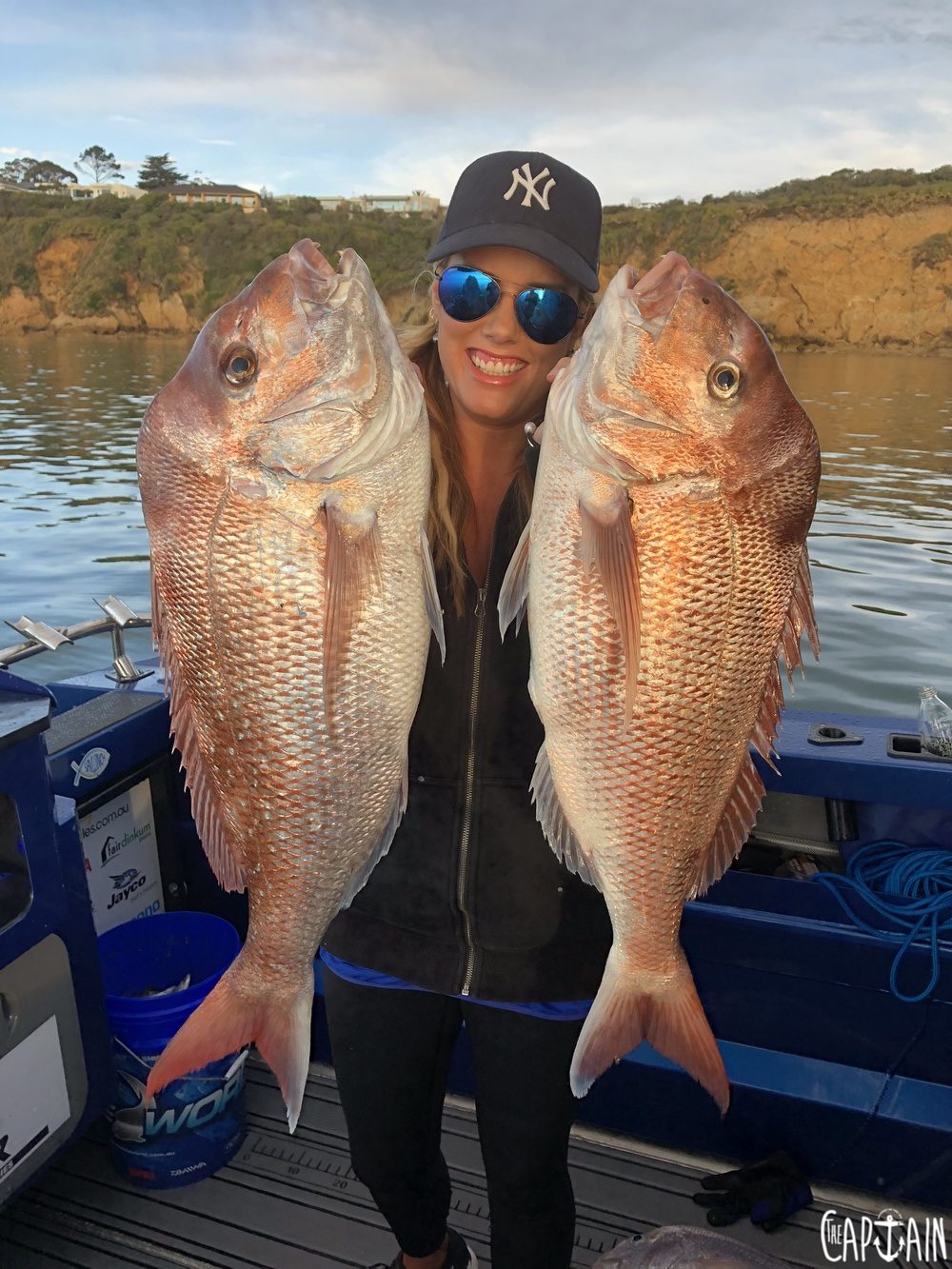
Furthermore, there exists a harmful stereotype that women who fish are merely seeking attention or validation from their male counterparts. This assumption not only undermines the passion and genuine interest that many women have for fishing but also perpetuates the idea that women’s participation in traditionally male-dominated activities is inherently suspect or motivated by ulterior motives.
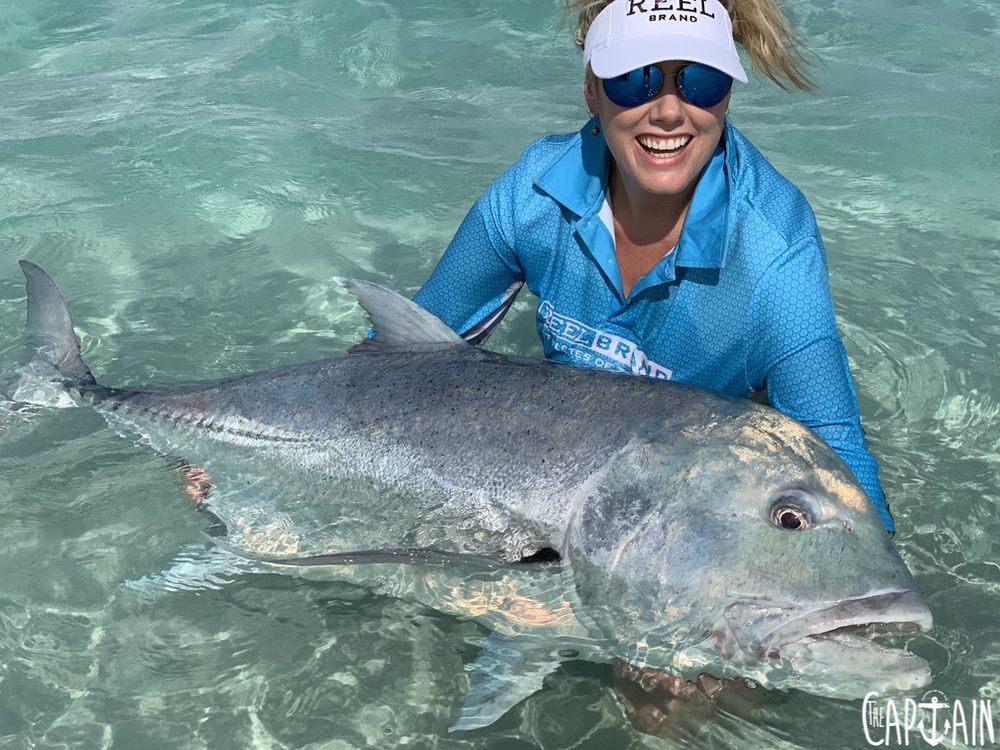
Despite these stereotypes and prejudices, women anglers continue to challenge the status quo and assert their rightful place in the world of fishing. Through their skill, determination, and love for the sport, they are breaking down barriers and reshaping perceptions of what it means to be a fisherman.
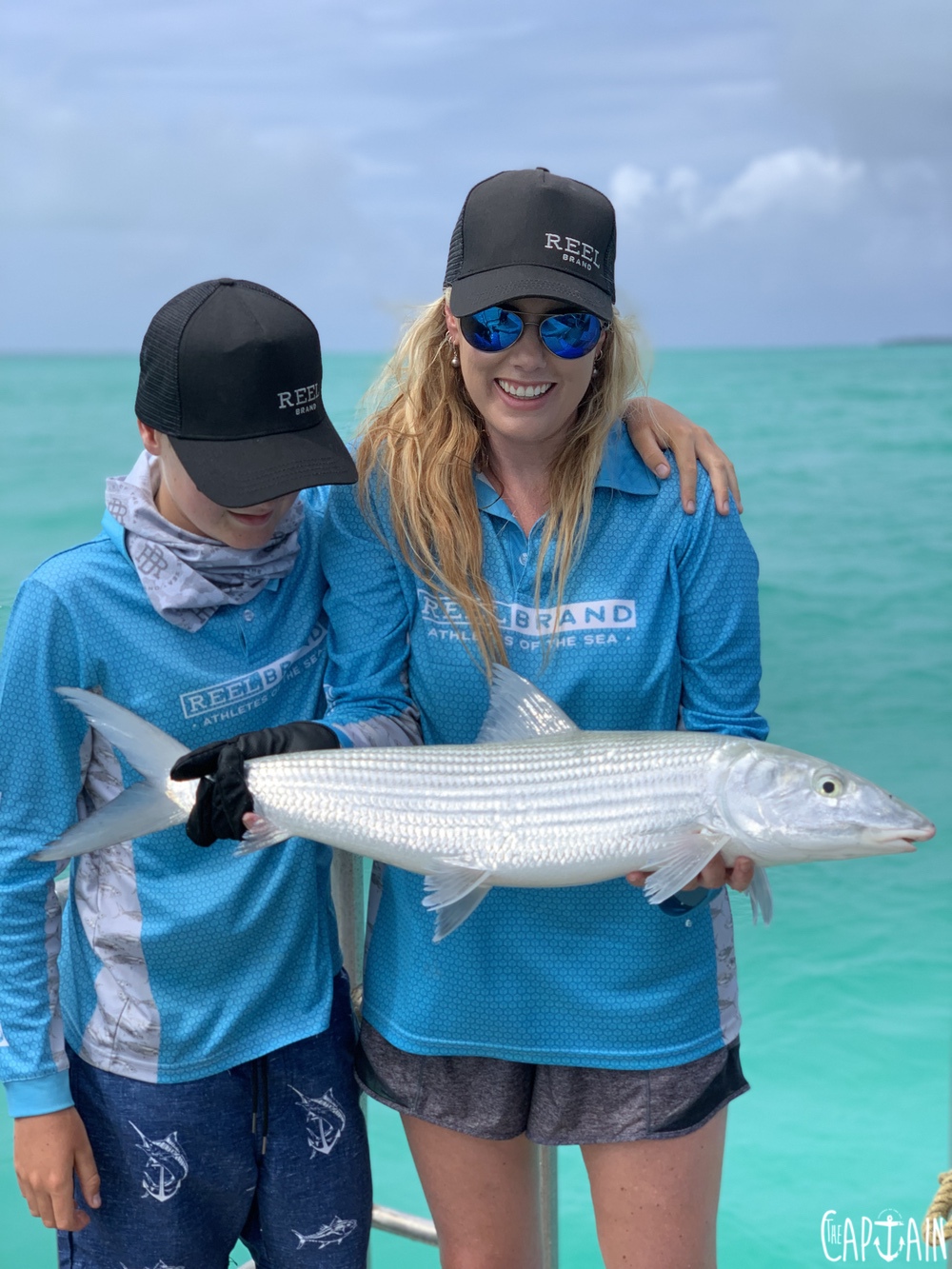
Moreover, the rise of social media has provided women anglers with a platform to showcase their talents and share their experiences with a global audience. From reeling in trophy catches to participating in competitive fishing tournaments, women anglers are making their mark and proving that fishing is a pursuit that knows no bounds of gender.

In conclusion, while stereotypes and prejudices against women who fish may persist, they are increasingly being challenged and dismantled by a new generation of anglers who refuse to be confined by outdated gender norms. As more women embrace their love for fishing and assert their rightful place on the water, the angling community as a whole stands to benefit from greater diversity, inclusivity, and camaraderie among all who share a passion for the sport.
